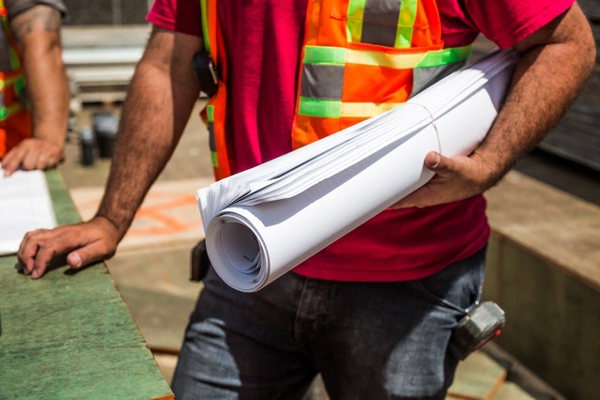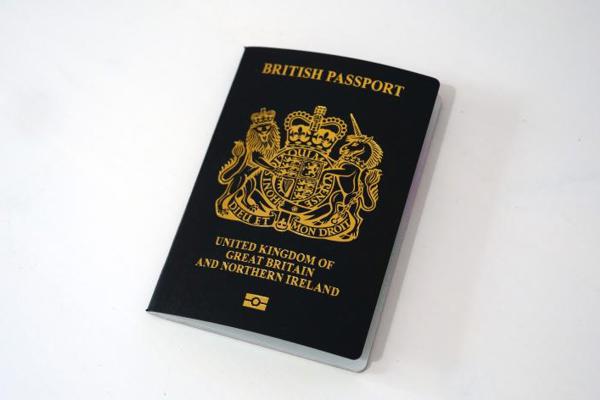The UK Government has announced that the first sections of the Immigration Act 2016 will come into force on 12 July 2016, and these provisions will include amendments to penalties for employing illegal workers. As such it is important that employers take the time to review their procedures for checking the right to work to avoid penalties. We have assisted a number of clients with their right to work procedures and in our experience the most common questions are:
When should a right to work check be carried out?
A right to work check must be carried out whenever an employee starts work, and where an employee has a temporary visa a follow up check should be performed near the visa expiry to ensure the company can continue to employ the person.
Do I only need to check the right to work of non EU staff?
The duty applies to all employees regardless of their nationality and it is important that an employer applies their policy uniformly to avoid any potential claims of discrimination.
What documents are needed during a right to work check?
For most staff it will be necessary to see a copy of the employee's passport or visa, but there can be difficult cases where passports are held by the Home Office or the individual has an automatic right to work in the UK. The Home Office have published a checklist of acceptable documents for establishing the right to work and this should be followed closely to avoid any potential issues.
It is important to remember that a National Insurance number does not confirm someone has the right to work, it can be combined with other documents to establish a right to work but it is not suitable by itself.
How do I carry out a right to work check?
Carrying out a right to work check is a 4 stage process:
See the employee's original documents. Electronic copies or certified copies are not deemed to be suitable by the Home Office;
Check the document for details of any restrictions, for example non EEA students are limited to certain number of hours per week. The document should also be checked for any obvious signs of fraud, while employers are not expected to be experts in spotting forgeries they are expected to notice obvious errors or amendments to documents.
Keep a copy of the document, this should be signed and dated by the person who carried out the check. For any employees who started after 1 May 2014 the copy document should also contain a written declaration from the person who carried out the check confirming they reviewed the original document and the date the check was carried out. This is a vital part of the process as if a copy of the document is not kept then the employer has no defence to a claim of illegal working.
- Diarise any necessary follow up checks.
Is it necessary to carry out annual checks?
It is only necessary to carry out a check at the start of employment and, where the employee holds a temporary visa, at the time the visa expires. However, we recommend carrying out regular reviews or audits to make sure the procedure is being followed and to allow for any errors to be corrected.
What are the penalties for illegal working?
If an employee does not have the right to work, and the employer has not followed proper procedure, they can be fined up to £15,000 for the first offence and £20,000 for any subsequent offences.
There are also potential criminal penalties and from 12 July these will apply wherever the employer had reasonable cause to believe that an employee did not have the right to work. The Home Office will also be given the power to close premises for up to 48 hours where the illegal working is found to have taken place.
Summary
The law is tightening in relation to illegal working penalties and the best way for an employer to protect themselves is to ensure that they have a robust procedure in place for compliance.
If you have any questions about carrying out a right to work check, implementing a right to work policy or carrying out a compliance audit please get in touch.


